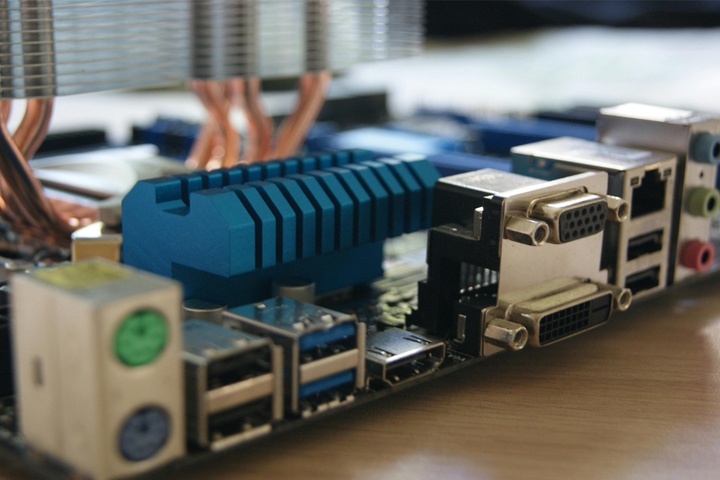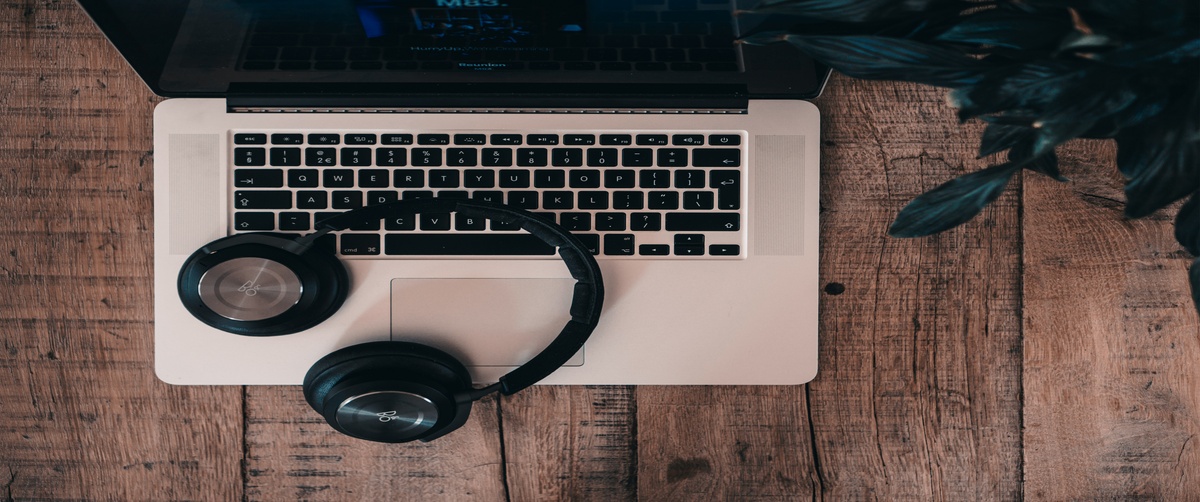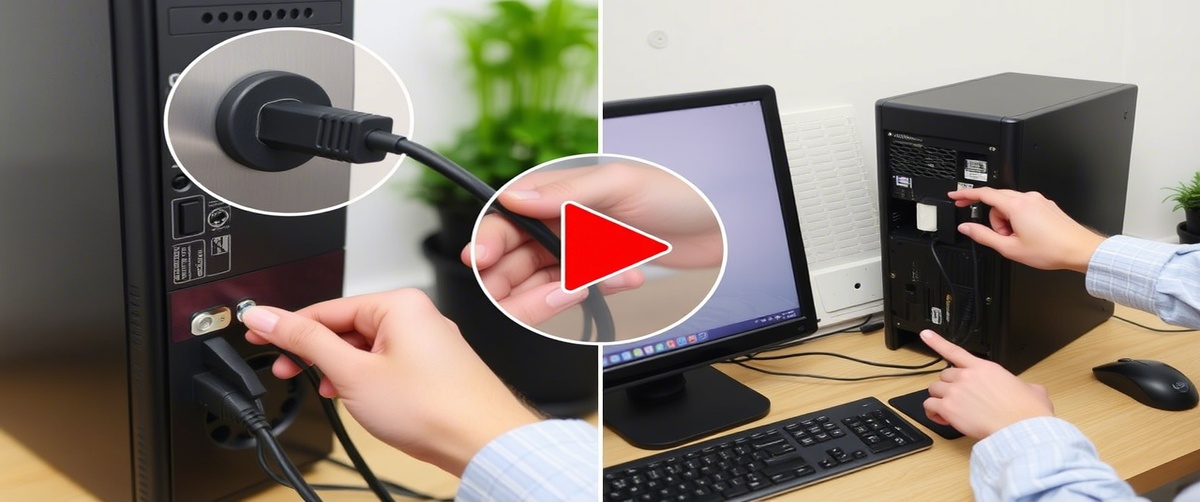When your USB ports not working, it can be frustrating, especially if you rely on external devices like flash drives, keyboards, or external hard drives. A USB issue can stem from hardware malfunctions, driver problems, or power management settings. This guide will walk you through effective USB troubleshooting steps to fix port failure and restore connectivity.
Common Causes of USB Ports Not Working

If your USB ports not working, it could be due to:
- Loose or damaged USB connections
- Driver corruption or outdated drivers
- Power management settings disabling the port
- Physical port failure
- Motherboard or BIOS issues
Step-by-Step Fixes for USB Port Failure

Check Physical Connections
Before diving into software fixes, ensure there are no hardware-related USB issues:
- Try plugging the USB device into another port.
- Use a different USB cable or device to rule out faults.
- Inspect the USB ports for dust or physical damage.
Restart Your Computer
A quick reboot can sometimes resolve minor USB troubleshooting issues by refreshing hardware detection.
- Disconnect all USB devices.
- Shut down the computer, unplug it for a minute, and then restart.
- Plug the USB device back in and check if it works.
Update or Reinstall USB Drivers
A corrupted or outdated driver can cause USB ports not working problems:
- Open Device Manager and expand Universal Serial Bus controllers.
- Locate the problematic USB driver, right-click, and select Update Driver.
- If updating doesn’t work, uninstall the driver and restart the computer to allow Windows to reinstall it.
Disable USB Selective Suspend
Windows may disable USB ports to save power, causing a USB issue:
- Go to Control Panel > Power Options.
- Click Change plan settings and then Change advanced power settings.
- Locate USB selective suspend setting and set it to Disabled.
- Save changes and restart your computer.
Check BIOS or UEFI Settings
Some systems disable USB ports through BIOS settings:
- Restart your computer and enter BIOS/UEFI (press F2, F12, or DEL during boot-up).
- Navigate to the Advanced or Peripherals section.
- Ensure that USB ports are enabled.
- Save changes and reboot your system.
Try a Different USB Device
To rule out device-specific USB issues:
- Test the problematic USB device on another computer.
- If it works, the issue may be with your PC’s USB ports.
- If it doesn’t, the USB device itself may be faulty.
Reset the USB Controllers
If your USB ports not working persist:
- Open Device Manager and expand Universal Serial Bus controllers.
- Right-click each USB Root Hub and select Uninstall.
- Restart the computer to automatically reinstall the controllers.
Check for Hardware Damage
A port failure due to physical damage may require repairs:
- If a specific port is loose or broken, consider professional repair.
- If all ports fail, there may be a motherboard-related USB issue.
When to Seek Professional Help

If your USB troubleshooting efforts don’t resolve the port failure, expert assistance may be required.
Still dealing with USB ports not working? Don’t worry! Contact TechNow for expert IT Support Services in Germany. Our specialists diagnose and fix USB issues, ensuring your ports function properly. Reach out today and let TechNow restore your USB connectivity efficiently!



